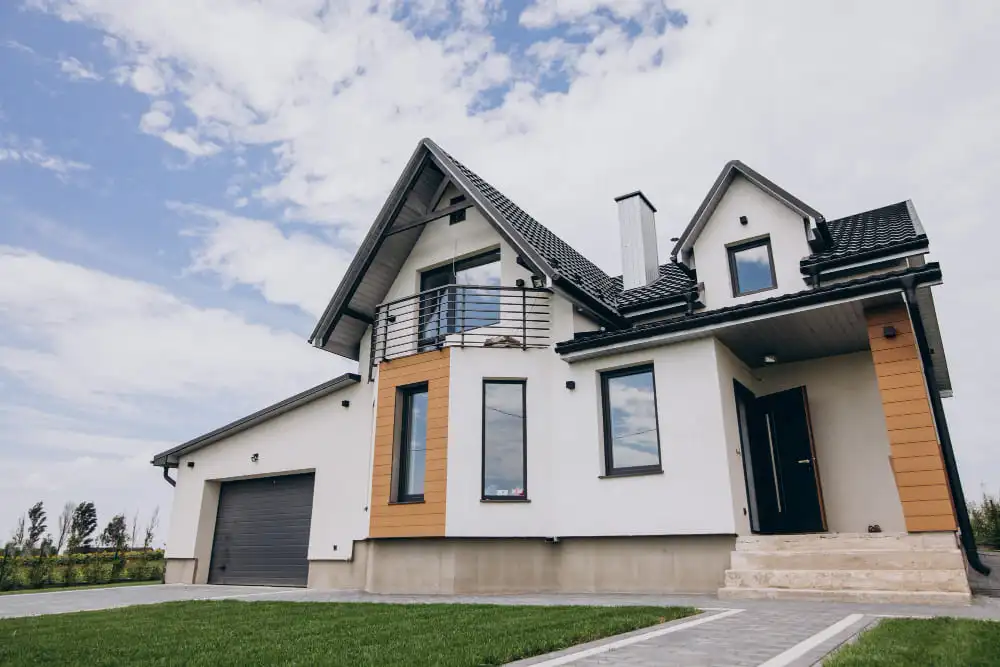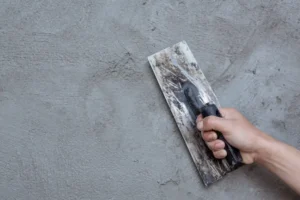- Your cart is empty
- Continue Shopping
13 Common Home Buying Mistakes and How to Avoid Them

Buying a home is a big deal, right? But sometimes, it can feel like diving into an ocean of decisions without a life jacket. You don’t want to make a splash you’ll regret. That’s why knowing the common home buying mistakes people make.
13 Home Buying Mistakes
1. Not Setting a Budget
Picture this: you find the perfect house, and fall in love with it, only to realize later that it’s way out of your price range. Ouch! To avoid this home buying mistake, set a budget before you start house hunting. Calculate what you can comfortably afford, considering your income, debts, and future expenses.
2. Skipping Pre-Approval
Skipping pre-approval is like going to a party without an invite. Sure, you might get in, but you’ll feel out of place. Pre-approval gives you a ticket to the mortgage game. It tells sellers you’re serious and helps you know your spending limit. So, get pre-approved before you hit the house hunt.
3. Neglecting Home Inspections
Buying a house without inspecting it is like buying a car without test-driving it. You wouldn’t do that, right? Home inspections reveal hidden problems like leaky pipes or a wonky foundation. So, don’t skip this step. It could save you from a money pit.
4. Ignoring Location Considerations
A dream home can quickly turn into a nightmare if it’s in the wrong neighborhood. Think about your commute, nearby amenities, and future development plans. You need a home that fits your life like a glove.
5. Underestimating Future Expenses
Buying a home isn’t just about the down payment and monthly mortgage. There are other costs – property taxes, insurance, maintenance – that can add up fast.
6. Not Using a Real Estate Broker
Some people think they can go it alone in the home-buying jungle. But having a real estate broker by your side is like having a seasoned guide in unfamiliar territory. They know the ins and outs of the market and can steer you away from pitfalls. So, don’t go solo – enlist the help of a professional.
7. Overlooking Resale Value
You might be head over heels for a quirky fixer-upper, but will others feel the same when you decide to sell? Thinking about resale value is essential. Look for features that appeal to a broad audience, like a good school district or a well-maintained home.
8. Failing to Shop Around for Mortgages
Getting a mortgage is a big financial commitment, so don’t settle for the first offer that comes your way. Shop around, compare rates, and negotiate terms. A little legwork upfront can save you thousands over the life of your loan.
9. Getting Emotionally Attached
House hunting can be an emotional rollercoaster. But falling in love with a property can cloud your judgment and lead to high home buying mistakes. Stay level-headed, stick to your budget, and don’t let your heart override your head.
10. Not Considering Future Needs
Your dream home should be more than just a roof over your head – it should grow with you. Think about your plans – kids, career changes, aging parents – and choose a home that can accommodate them. It’s better to plan than to outgrow your home too soon.
11. Forgetting About Additional Costs
Buying a home is expensive – there’s no way around it. In addition to the purchase price, there are closing costs, taxes, insurance, and ongoing maintenance expenses. Make sure you budget for these costs upfront to avoid financial strain later on.
12. Rushing the Process
Rushing over the process can lead to high home buying mistakes. Take your time, do your research, and don’t settle for less than you deserve. The correct house is worth the pause.
13. Not Understanding the Terms of the Contract
Signing a contract without understanding it is a recipe for disaster. Take the time to read and understand the terms before you sign on the dotted line. If something doesn’t make sense, ask questions or seek legal advice. It’s better to be safe than sorry.
Conclusion
By avoiding these common home buying mistakes and taking a thoughtful approach, you can make the process smoother and more rewarding. Set a budget, get pre-approved, prioritize home inspections, and work with a real estate agent you trust.


